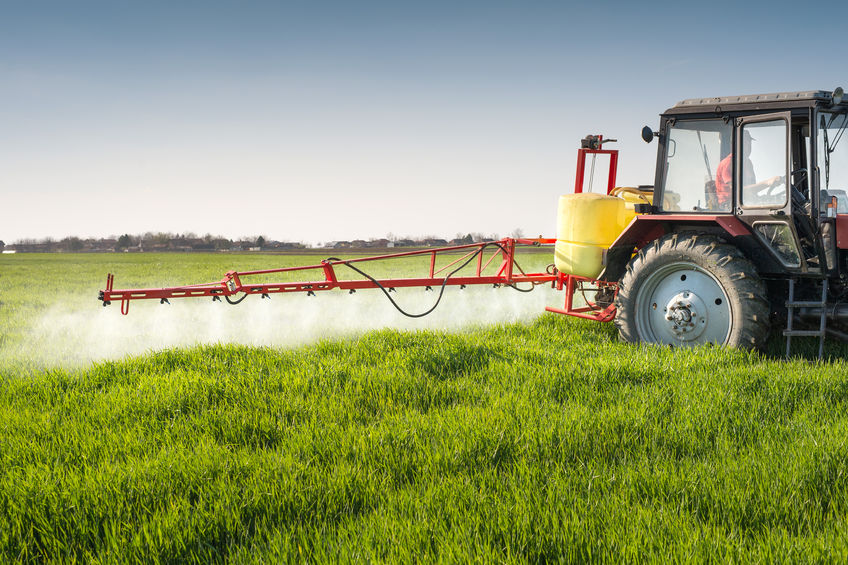
The European Chemicals Agency (ECHA) has today (15 March) classified glyphosate as “not carcinogenic”.
The Committee for Risk Assessment (RAC) assessed glyphosate’s hazardousness against the criteria in the Classification, Labelling and Packaging Regulation.
They considered extensive scientific data in coming to their opinion.
RAC concluded that the available scientific evidence did not meet the criteria in the CLP Regulation to classify glyphosate for specific target organ toxicity, or as a carcinogen, as a mutagen or for reproductive toxicity.
The adopted opinion will go through a normal editorial check before it is sent to the European Commission.
The adopted opinion on the harmonised classification for glyphosate will be taken into account when the Commission and EU Member States consider whether to renew the approval to use glyphosate as an active substance in pesticides, later this year.
'Is and always has been safe'
The Crop Protection Association (CPA) Chief Executive Sarah Mukherjee said glyphosate 'is and always has been safe'.
She said: “This ruling is another reminder this debate has never really been about safety, it has been hijacked and politicised to force a wider debate on modern agriculture. It’s right that we’re having that debate, but it’s wrong to use health scares to get there.
“Glyphosate is an essential part of the farmer’s toolkit, helping them to tackle pests and produce healthy and safe food. Over 40 years of robust scientific evidence, supported by one of the most extensive human health, crop residue and environmental databases ever compiled on any pesticide shows no risk to safety, clearly the Commission should reauthorise glyphosate for the standard 15 year period”.
National Farmers Union Vice President Guy Smith: “Now ECHA has released its classification there can be no reason why glyphosate should not be reauthorised for a further 15 years when the European Commission makes its decision on a proposal later this year.
“We will continue to work with our members and with other European farming unions to ensure the facts about glyphosate’s safety and importance are heard in the run-up to that decision.”
'Contradicting'
Environmental charity Soil Association said today's findings 'contradicts' the position of the World Health Organisation’s International Agency for Research on Cancer (IARC), which classified glyphosate as a ‘probable carcinogen’ in 2015.
Soil Association Policy Director, Peter Melchett said: “This also contradicts the Californian court which has just agreed that glyphosate can be labelled under Californian law as cancer causing.
“It is not clear why the ECHA reached a different conclusion from IARC but unlike IARC, the ECHA has relied to a large extent on unpublished data from the pesticide industry, which is unlikely to be made available for independent scientific scrutiny or verification.
“The ECHA only reviewed evidence on glyphosate in isolation, rather than as it is used, in products that always contain other substances. However, the EU Commission’s EFSA has cautioned that some glyphosate products “contain higher toxicity”. It has also recommended the UK and other governments to restrict the use of glyphosate pre-harvest, and in public parks, playgrounds and gardens.
“While the debate on links between glyphosate and cancer will continue, the ECHA’s opinion doesn’t change the pressing need to develop even more practical alternatives for those farmers who currently rely on it.”
Petition
Last month, a petition was created to help stop the removal of glyphosate as a result of "anti farming groups spreading false science and misinformation" to the wider non-farming public.
On social media, the hashtag #glyphosateisvital has been trending on Twitter as farmers and those in the agricultural business sent messages to the wide-public about the benefits of keeping glyphosate legal.
Glyphosate is coming up to potential re-authorisation by 31 December 2017, when the European Commission decides its fate.
